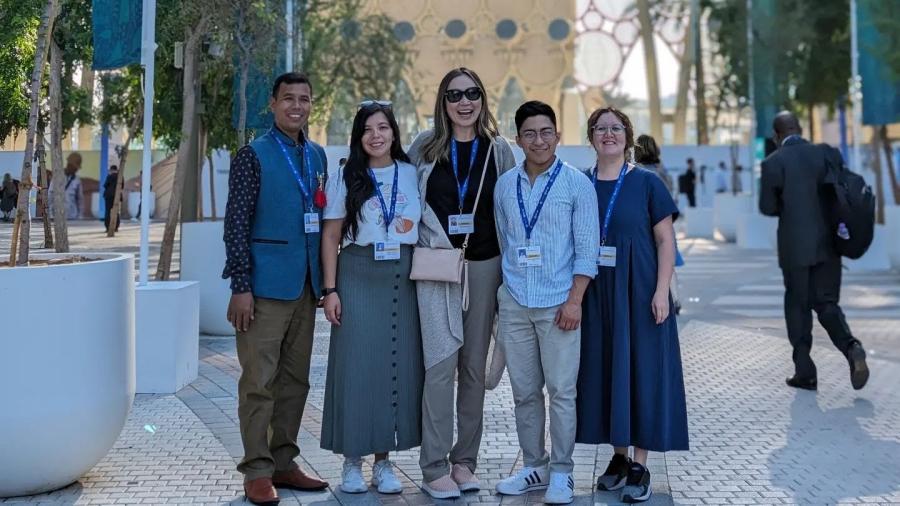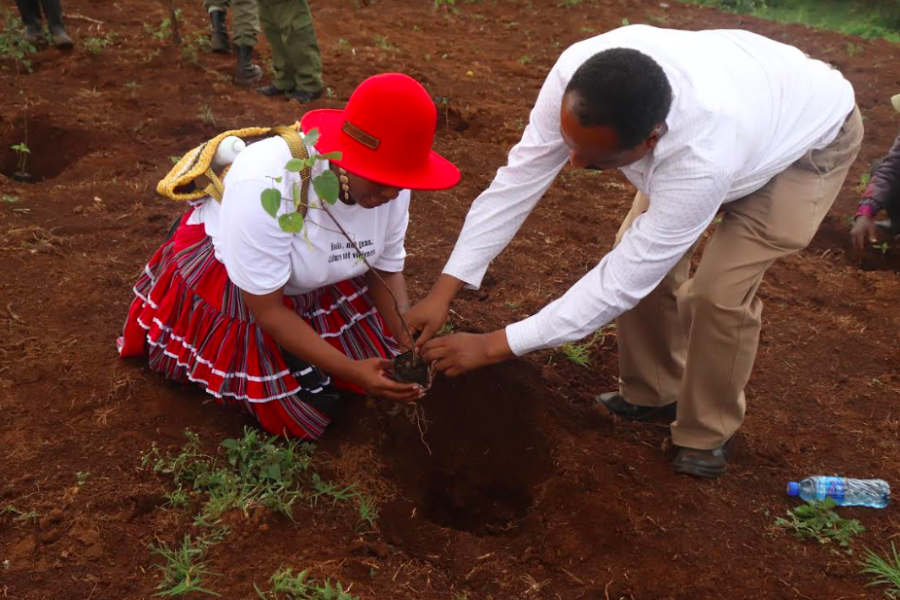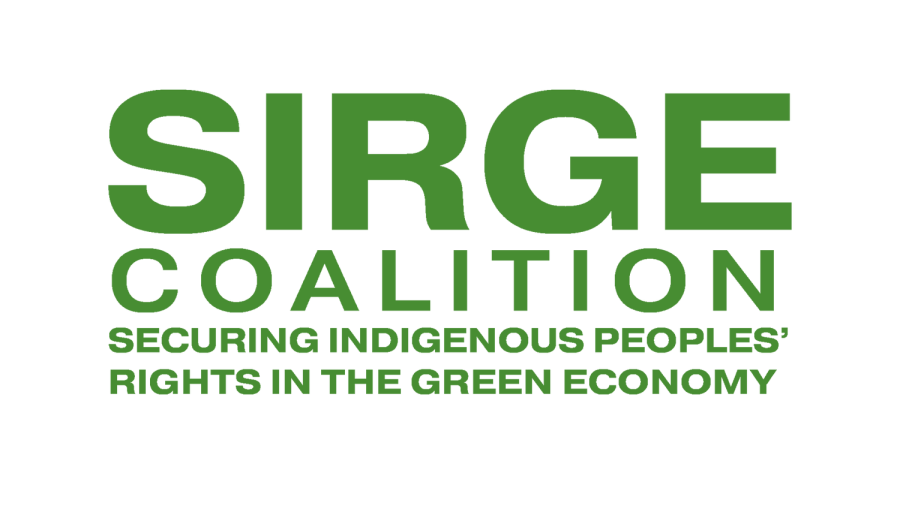
Fort McMurray, Alberta, Canada. Photo: Keepers of the Athabasca
By The International Indian Treaty Council
At the close of the UN Human Rights Council’s forty-eighth session on Friday, October 8, 2021, three resolutions in which the IITC had actively engaged were adopted. The right to a clean, healthy, and sustainable environment is now formally recognized at the global level through a resolution endorsed by over 1000 Indigenous Peoples, civil society organizations, and UN Experts. This resolution affirms the right already recognized in Article 29 of the UN Declaration on the Rights of Indigenous Peoples. The unbreakable link between human rights and a safe environment was further underscored by the UN Committee on the Rights of the Child (CRC) in its recommendations for the country review Mexico from 2015. The CRC asserted at that time that “Environmental Health” is a protected right under Article 24 of the Convention on the Rights of the Child in response to IITC’s submission addressing the devastating and deadly health impacts of toxic and banned pesticides on Yaqui Indigenous children in that county. As a result of the Human Rights Council’s landmark resolution, this is now recognized as a universal right.
Click here for a copy of the resolution as adopted.
In a second historic resolution, the Council created a new Special Rapporteur’s Office on the promotion and protection of human rights in the context of climate change. The urgent need for the creation of this new Special Rapporteur to gather information and report on human rights violations created by the causes, impacts, and, in some cases, false market-based solutions to climate change generated broad support from Indigenous Peoples, small island States, civil society organizations, and other human rights mandate holders, including the UN Special Rapporteur on the Rights of Indigenous Peoples. IITC played an active role in the work of this broad coalition over the past year as a focal point for Indigenous Peoples in a number of webinars and educational fora, stressing its vital importance as the climate crisis continues to worsen.
Andrea Carmen, Executive Director of the International Indian Treaty Council (IITC) and member of the Facilitative Working Group for the UNFCCC Local Communities and Indigenous Peoples Platform, warmly welcomed these historic advances, which affirm the understanding of Indigenous Peoples around the world that human health and well-being cannot be separated from a clean and healthy environment: “The adoption of these resolutions as a result of a broad collective effort will enhance the ability of Indigenous Peoples to present rights-based solutions for environmental recovery and restoration, and to protect the integrity of their natural ecosystems from environmental contamination and climate change, in line with their human rights. Too often throughout the UN system, we have seen some so-called solutions promoted to address environmental degradation, biodiversity loss, deforestation, and climate change that ignore, or even further violate the rights of Indigenous Peoples to protect their homelands and continue their ways of life. We hope that these decisions by UN Human Rights Council will help us chart a stronger rights-based course to ensure environmental protection and reverse climate change.”
In addition to these historic and long-awaited advances, the Human Rights Council’s resolution on Human Rights and Indigenous Peoples was also adopted on the last day of the session. This resolution also affirms the essential role of Indigenous Peoples in addressing climate change and biodiversity loss, and it addresses other closely related concerns, including ending impunity for the repression of human rights defenders. IITC is also gratified that the resolution recognizes the importance of recent and upcoming studies by the UN Special Rapporteur on the Rights of Indigenous People and the Expert Mechanism on the Rights of Indigenous Peoples. It also provides a way forward to advance enhanced participation of Indigenous representative institutions, affirms a process for international repatriation of sacred items and human remains, and denounces violence against Indigenous women and girls, among many other important provisions.
--The International Indian Treaty Council (IITC) is an organization of Indigenous Peoples from North, Central, South America, the Caribbean and the Pacific working for the Sovereignty and Self Determination of Indigenous Peoples and the recognition and protection of Indigenous Rights, Treaties, Traditional Cultures and Sacred Lands.



